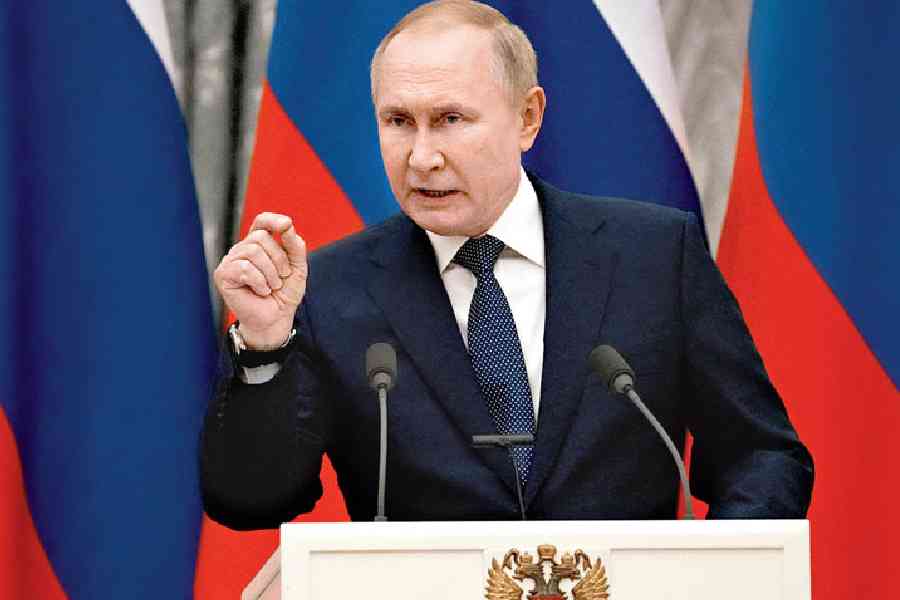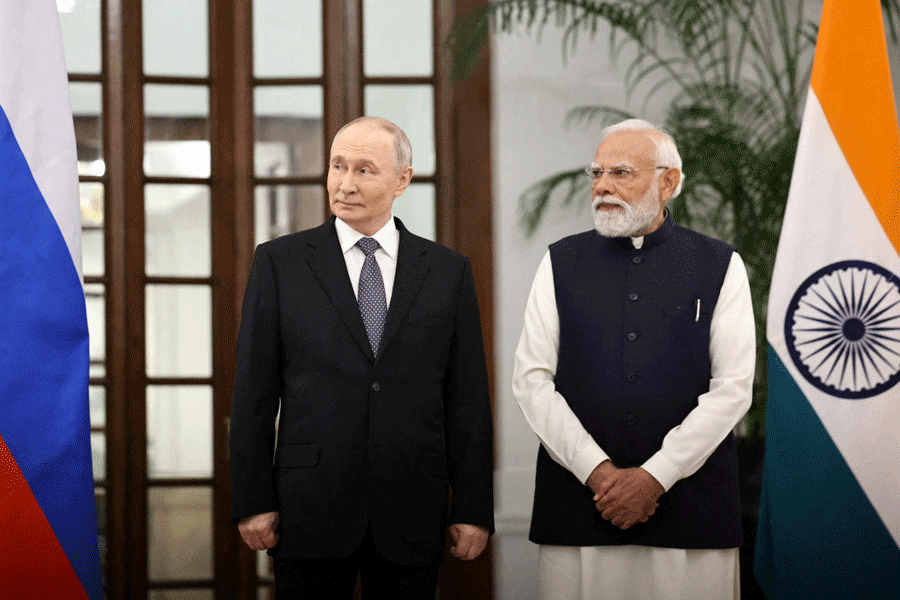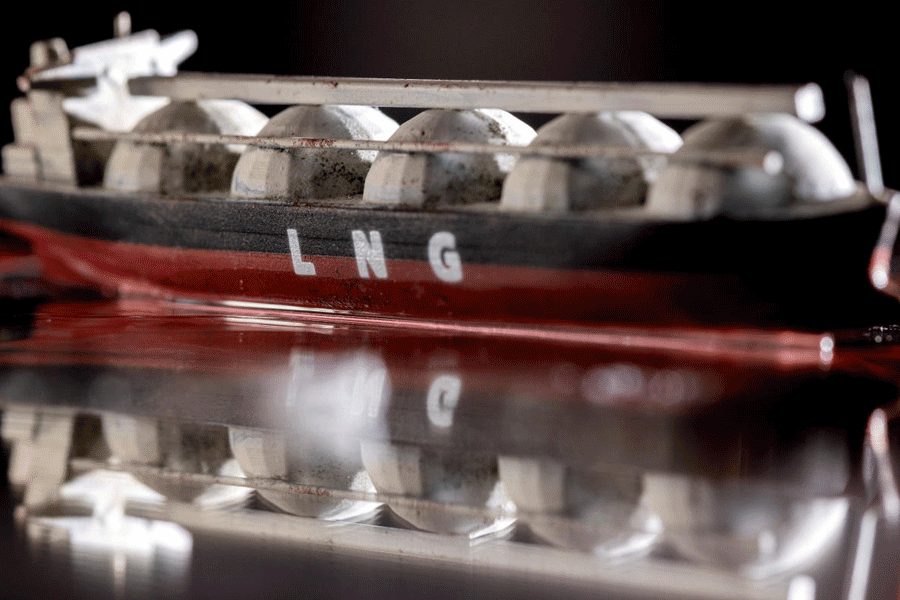Pro-Ukrainian fighters stormed across the border into southwestern Russia this past week, prompting two days of the heaviest fighting on Russian territory in 15 months of war. Yet President Vladimir V. Putin, in public, ignored the matter entirely.
He handed out medals, met the patriarch of the Russian Orthodox Church, hosted friendly foreign leaders and made televised small talk with a Russian judge about how Ukraine was not a real country.
In managing Russia’s biggest war in generations, Putin increasingly looks like a commander-in-chief in absentia: In public, he says next to nothing about the course of the war and betrays little concern about Russia’s setbacks. Instead, he is telegraphing more clearly than ever that his strategy is to wait out Ukraine and the West — and that he thinks he can win by exhausting his foes.
“There’s no need for any illusions,” said Natalia Zubarevich, an expert on Russian social and economic development at Moscow State University. Putin, she said, has laid the domestic groundwork to sustain the war for a “long, long, long, long, long” time.
But while western analysts and officials believe that Putin’s Russia does have the potential to keep fighting, his military, economic and political manoeuvring room has narrowed, presenting obstacles to prosecuting a lengthy war.
Even as Putin refers to the fighting as distant “tragic events”, the war keeps hitting home — with growing fissures in the military leadership, unease among the Russian elite and worrying signs for the economy as the West vows to further wean itself off Russian energy.
On the battlefield, Russia’s ability to go on the offensive has shrivelled as ammunition has run low and the months-long battle for the eastern Ukrainian city of Bakhmut took thousands of soldiers’ lives.
Yevgeny V. Prigozhin, the leader of the Wagner mercenary group that led the assault on Bakhmut, said he was starting to pull his soldiers out of the city while releasing one profane tirade after another aimed at Russia’s Kremlin-allied elites.
New York Times News Service










